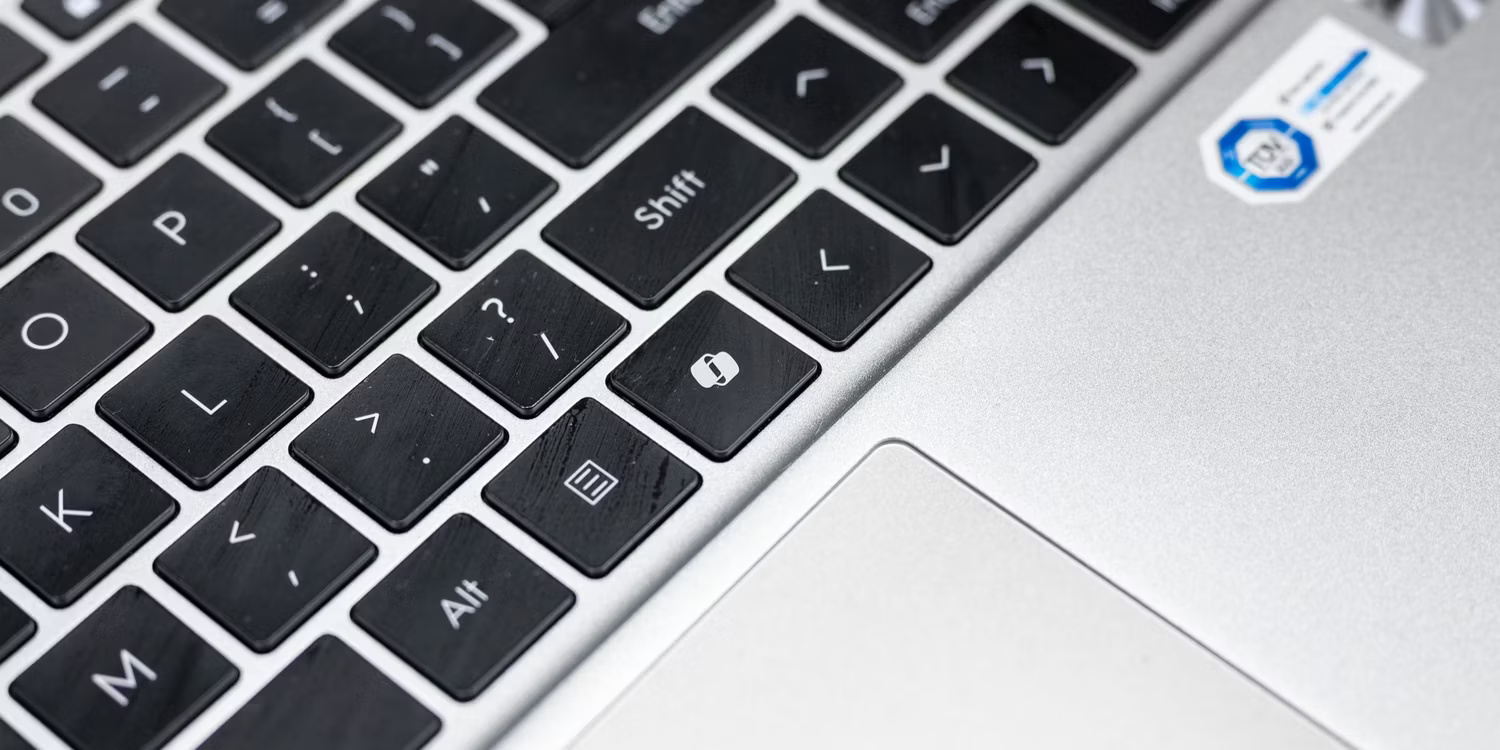What is PC AI? What makes them different?
PC AI is set to revolutionize computing with enhanced capabilities and efficiency. But what makes a computer an AI PC? Let's look at their unique features and whether upgrading to these advanced machines is worth it!
What is PC AI? How does it work?

PC AI is more than just an ordinary computer - it's a powerful machine designed to handle artificial intelligence (AI) tasks with ease. The biggest advantage is that everything is processed directly on the device, eliminating the need to process data in the cloud.
So how does all of this work? Unlike traditional computers, AI PCs are equipped with specialized hardware, including AI accelerators and GPUs (Graphics Processing Units), which enhance their Machine Learning capabilities.
These computers also feature advanced software algorithms that efficiently handle data-intensive AI operations, allowing for faster real-time processing and analysis. These powerful features enable AI PCs to perform tasks such as natural language processing and complex data analysis much more accurately than conventional computers.
When will PC AI be released?
AI PCs are starting to hit the market, mainly driven by major players like Intel and AMD. Intel has made significant strides with the Intel Core Ultra series, which will launch in December 2023. This product line includes integrated NPUs (Neural Processing Units) that enhance AI tasks on laptops.
Intel aims to sell approximately 100 million AI PCs by 2025, signaling strong growth and adoption in the field. But the options aren't limited to Intel either. AMD and Qualcomm are also enhancing CPUs with AI capabilities and can expect new PC AI releases from them throughout 2024.
How to easily identify an AI PC?

Hardware specifications and software capabilities determine whether a computer is an AI PC. On the hardware side, look for mentions of NPUs, AI-specific accelerators, enhanced GPUs, and higher-than-average RAM and storage specifications. These features are important for handling large data sets and complex algorithms. However, the simplest point that PC AI Windows brings is the new Copilot key on the keyboard.
On the software side, AI PCs often come with pre-installed applications that leverage AI to improve functionality. This includes improved voice assistants, enhanced security features like facial recognition, and apps that personalize content based on user behavior.
In terms of performance, PC AI demonstrates significantly better efficiency and speed in processing large volumes of data, running complex simulations, and displaying high-quality graphics.
Is it worth upgrading from a normal PC to an AI PC?

The decision to upgrade from a traditional PC to an AI PC will largely depend on each person's specific needs. To help you decide, here are some pros and cons to consider:
Advantages of upgrading to PC AI
- Enhanced performance and efficiency : AI PCs can process and analyze information at unprecedented speeds, making them ideal for tasks involving AI and data analysis.
- Personalized experiences : Thanks to AI-driven algorithms, these PCs can make customized recommendations, tailor interfaces to personal preferences, and even predict user needs. users based on usage habits.
- Improved security : PC AI integration enables better threat detection and better real-time security measures.
- Compatibility with emerging technologies : PC AI is designed to seamlessly integrate with new technologies, ensuring they remain relevant as new innovations emerge.
Disadvantages of upgrading to PC AI
- Higher initial cost : AI PCs have a higher price tag due to their advanced hardware and capabilities.
- Complexity and getting used to : The complex technology built into PC AI can be overwhelming for non-tech-savvy users.
- Privacy concerns : With advanced data processing capabilities, PC AI raises concerns about data privacy and potential for abuse.
- Energy consumption for high-performance tasks : AI tasks consume a lot of resources. Therefore, running them on an AI PC may result in higher power consumption than performing standard tasks on a traditional PC.
Clearly, PC AI represents a significant leap forward in computing technology, and we know that the future of Windows is AI. These devices may be suitable if you need high-performance machines capable of managing complex data sets and performing AI-related tasks. While cost and complexity may deter some users, those in fields such as data science and software development may find PC AI to deliver transformative benefits.
 How are Cloud Download and Local Reinstall different?
How are Cloud Download and Local Reinstall different? What is DOCSIS?
What is DOCSIS? What is a JSON file?
What is a JSON file? What are malicious apps? How dangerous are they?
What are malicious apps? How dangerous are they? What is Zigbee wave? Does it affect health?
What is Zigbee wave? Does it affect health? Which country is the 001 number from? List of countries in the world
Which country is the 001 number from? List of countries in the world